New Chairman Rohit Gupta’s three-point vision for propelling ASCI
On 19th September, the Advertising Standards Council of India held their 12th Annual General Meeting (AGM) to announce their new board members and chairman. Rohit Gupta, President of Sony Pictures Networks India was elected as Chairman of ASCI, while Subhash Kamath, Managing Partner, BBH Communications India was elected as Vice Chairman. Fifty per cent of the directors have to retire during each AGM and select members are eligible for reappointment.
Sharing the highlights of his tenure, D Shivkumar, former chairman of ASCI, said, “We set out with 3 goals in mind: To increase the membership of the ASCI which we have brought to 49 members (an increase of 10%); second is the awareness of ASCI or irresponsible advertising to the general public. The Ministry of Information and Broadcasting recommended that all channels to carry a scroll saying that if you have an objection to this ad you can contact ASCI on WhatsApp. That led to 50 complaints being received everyday via WhatsApp. We felt the need to build a digital platform for ASCI, so we employed an agency and Subash Kamath, Sunil Lulla and Shashi Sinha helped us build that.
According to the discussions at the AGM, the education sector, magic remedies and clinics were see to have the highest share of misleading advertisements. The education services sector was by far in the lead with 1,131 misleading complaints registered during the previous year.
Another issue raised in the meeting was that while broadcast players had a 100 per cent compliance with the ASCI regulation, compliance was often not upheld for print players even after the issue was brought to the attention of the Press Council of India. Print has by far the highest share of complaints with a total of 1,882 complaints registered in the previous year, which accounted for 53.17 per cent of the total volume of complaints.
Sharing his vision for ASCI, Rohit Gupta, the newly elected Chairman of ASCI, told Adgully, “Basically, there are three aspects which I would be focusing on. One is to build on what Shiv has already worked on, that is to further increase consumer awareness, which is critical to this effort. Last year, our total consumer complaints went up by 30 per cent, I think we need to strengthen it further because the greater the number of consumers are informed, the better we can serve them. The other big thing is on the digital side. ASCI needs to work together to bring a strong digital process. We have a very strong process on traditional media, but on digital we need to work on it. Digital spends are increasing. Lastly, we need to work with the Government to bring more reform like the scroll that is playing on TV channels, which was a big win for us.”
In conversation with Adgully, Rohit Gupta, D Shivkumar and Shweta Purandare, General Secretary, ASCI, highlight the focus areas and challenges faced by the self-regulatory body.
How is ASCI strengthening the CCC?
Rohit Gupta: The CCC is already doing very well. Last year, we were able to process 30 per cent increase in complaints. We will continue the process and make it more robust.
How has ASCI’s responsibilities increased now with the Consumer Protection Bill seeing the light of day?
D Shivkumar: I think those are the discussions which are going on with the Government right now. The new Board will go and meet them hopefully next week. The idea is to find areas of common interest; areas where the Government and ASCI feel that ASCI can contribute and that’s the next step.
Your suo moto surveillance (NAMS) still has the highest share in capturing misleading ads. What needs to change?
Shweta Purandare: We are capturing most of the educational sector ads and magic remedies ads through our suo moto surveillance. In India, people will grumble a lot, but few will take the initiative to complain. We have made the process so easy that all people need to do is send us a WhatsApp complaint on the number 77100 12345, which is easy to remember. People are on so many WhatsApp groups and share so many messages that all that they need to do to bring any objectionable ad to our attention is to send us a text message. Slowly and steadily this awareness is growing.
Will you bring your suo moto surveillance (NAMS) to digital?
Shweta Purandare: We have a tried and tested process when it comes to print and television. We have a service provider who sends us surveillance of print and television ads. On digital, we alone cannot do that. We will need someone with the capability to scan through the digital world and highlight to us the ads which are objectionable. That is the challenge currently.
Why is the education sector such a big defaulter? Is it because it is largely an unorganised sector?
D Shivkumar: When someone is advertising, it is not that organised or unorganised people make right claims or wrong claims. Every advertiser can make a wrong claim. In these areas, there are complaints from consumers saying that these are claims which we believe are not substantiated.
Shweta Purandare: This is not just for last year, but what we have seen is that this is a trend for several years. In this sector, there are many advertisers that belong to different categories like mini schools. Apart from that, there is the unorganised sector of coaching classes. One of the things that they do to push their brand across is by promising the moon to students. If they say we will help you with placements in companies, they think nobody is going to come to their classes, but the minute they say we guarantee a job for you, they believe they will see a spurt of admissions. Those are the kind of claims we keep seeing a lot. Many times, they refer to awards that they have won and we are not clear on what these awards are. If they say they have been ranked No.1 in India, then who was the body that evaluated them or similar educational institutes like them on a national basis? That clarity is not there because many of these awards are paid awards.
We have a specific set of guidelines for this sector in our self-regulatory code. Furthermore, we are going to come out with a specific set of guidelines in the coming months for claiming awards. Ranking or if somebody claims so-and-so organisation has given them an award then this guideline will specify what should be the criteria, what is the due diligence they should do.
ASCI has been collaborating with the Ministry of Ayush for the last two years. How has this association been? What kind of results have you seen?
Shweta Purandare: With the Ministry of Ayush, we had the memorandum of understanding (MoU) which was renewed for the second time last year. The number of Drugs & Magic Remedies (DMR) violations that we see now compared to three years ago dropped down dramatically. Now, we are also writing letters to the advertiser with a copy to the concerned regulator. Advertisers are now very cautious; they don’t want to be in trouble because now the Ministry of Ayush has come up with stringent regulations that say every advertiser must come up with a pre-approval from the state licensing authority.
During the MoU period, 1,023 complaints were registered for the Ayush sector.


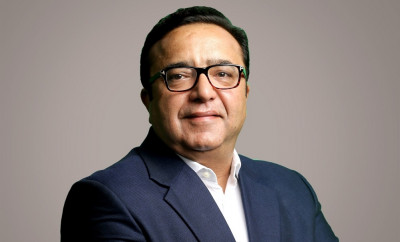
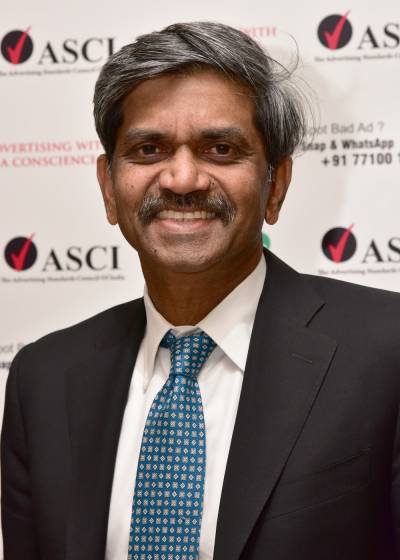
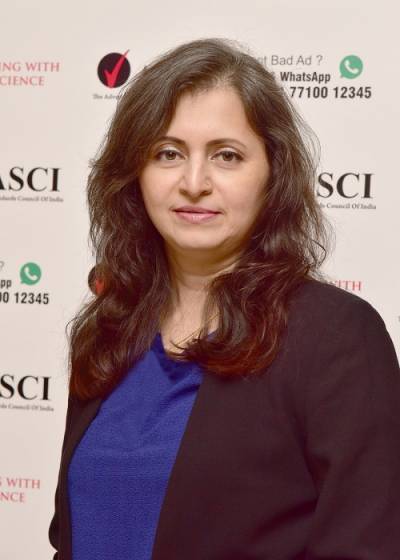
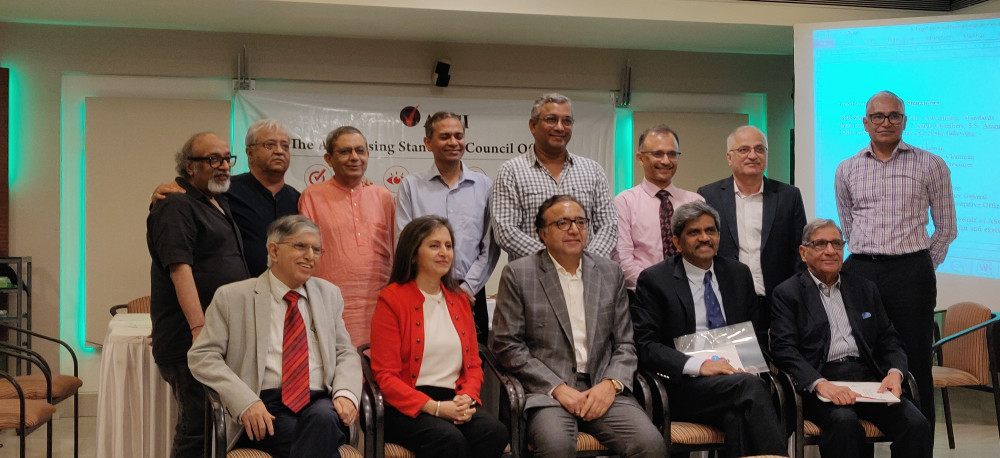

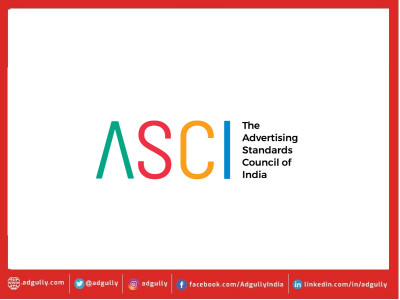
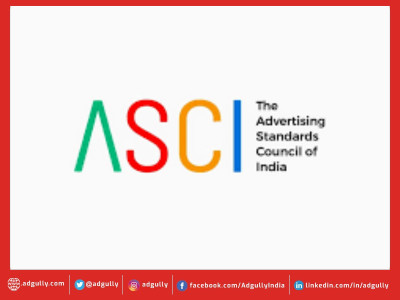
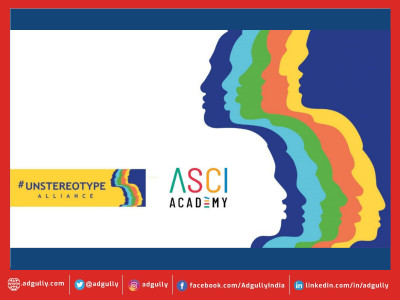


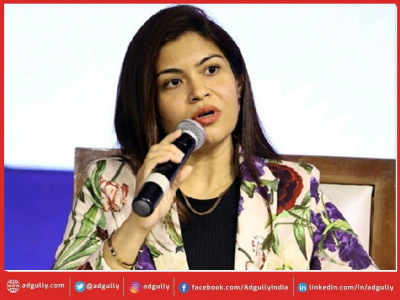
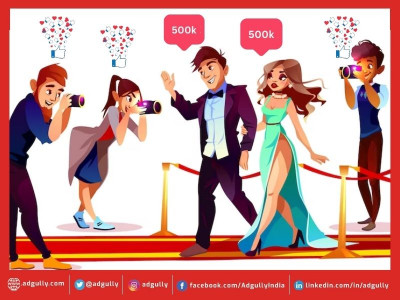
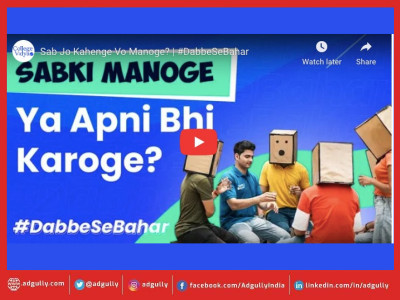
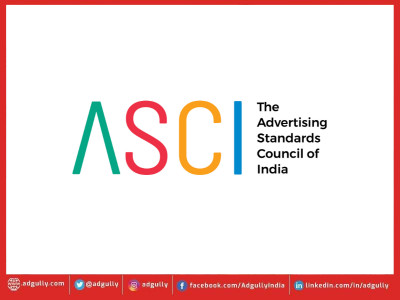

Share
Facebook
YouTube
Tweet
Twitter
LinkedIn